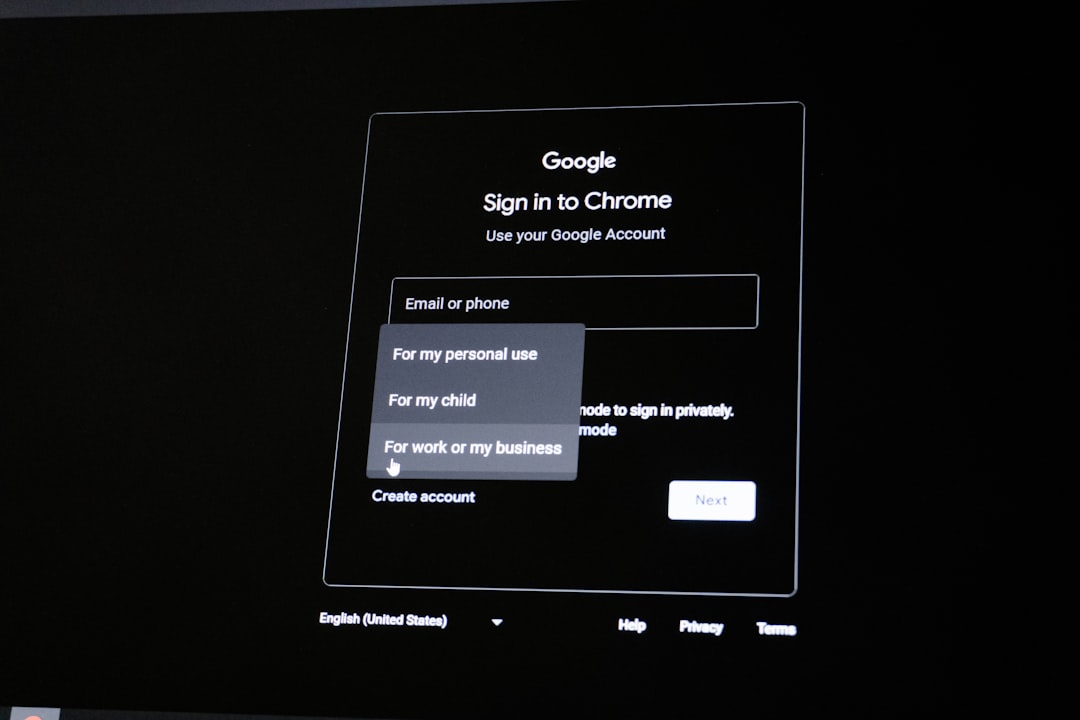The Supreme Court of the United States is once again at the center of a significant legal battle, this time involving the realm of cryptocurrency and the ever-popular Dogecoin (DOGE). The Trump administration has appealed to the Supreme Court, arguing that the Department of Justice (DOJ) needs to conduct parts of its investigation into this digital currency in secrecy to safeguard crucial national security interests.
With cryptocurrencies steadily climbing in influence and usage, legal and regulatory frameworks are struggling to keep pace. The DOGE case highlights the ongoing tug-of-war between innovation in the digital economy and the need for oversight to prevent misuse or systemic risk, a concern echoed by governments and regulatory bodies worldwide.
**Background on DOGE and Its Ascent**
Dogecoin, originally created as a meme cryptocurrency, rooted itself into serious financial discussions due to its massive community support and high-profile endorsements, most notably by Elon Musk. Despite its humorous beginnings, it has become an asset with real-world implications, impacting transactions and investments worth billions globally.
As DOGE grew from a niche internet joke to a mainstream asset, its sudden rise drew the attention of not only investors but also regulators. Concerns over market manipulation, investor protection, and the apparent volatility common to most cryptocurrencies pose complex challenges for governing bodies.
**The Trump Administration’s Argument**
At the core of the administration’s argument lies the belief that opening every facet of the DOJ’s investigation to public scrutiny could jeopardize delicate security operations. The petition suggests that while transparency is crucial in democratic governance, revealing certain operational tactics could undermine efforts to prevent potential threats tied to financial sectors.
The administration has emphasized the potential security risks associated with widespread knowledge of investigatory processes and strategies, particularly concerning cryptocurrencies’ pseudonymous nature and their ability to bypass traditional banking systems.
**Implications for Cryptocurrency Regulation**
The case serves as an essential marker for future regulatory efforts concerning digital currencies. A ruling favoring secrecy could lead to stricter monitoring measures applicable to all cryptocurrencies, not just DOGE. Conversely, a decision opposing the administration’s plea might embolden advocates for absolute transparency in regulatory affairs.
If the administration’s request is granted, it could establish a precedent where certain regulatory activities involving disruptive technologies remain hidden under the guise of national security. This balance between transparency and secrecy will undoubtedly influence both financial innovation and regulatory evolution.
**Broader Impact on the Cryptocurrency Market**
The outcome of this legal engagement will likely have ramifications beyond immediate regulatory adjustments. It could affect investor confidence across the cryptocurrency landscape, hinging largely on market perceptions of fairness and governmental intentions.
In broader terms, how this case unfolds may determine the flexibility and adaptability of U.S. regulatory frameworks in accommodating digital assets while safeguarding economic stability. As stakeholders await the Supreme Court’s decision, this case underscores the delicate act of stitching a balance between fostering innovation and securing national interests.
**Looking Ahead**
The interaction between technological advancement and legal frameworks continues to evolve rapidly. The pending decision by the Supreme Court will provide valuable insight into how the U.S. judiciary perceives the intersection of digital finance and national security.
It is pivotal for stakeholders both within and outside the cryptocurrency ecosystem to keenly observe the case proceedings as its implications reach beyond DOGE, potentially influencing global discourse on regulating emerging financial technologies.
IT Trend
Trump admin tells Supreme Court: DOGE needs to do its work in secret















Leave a Reply